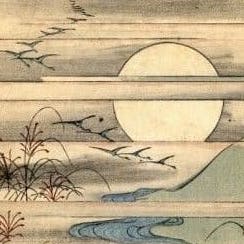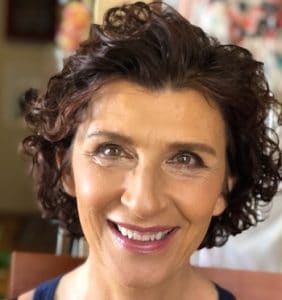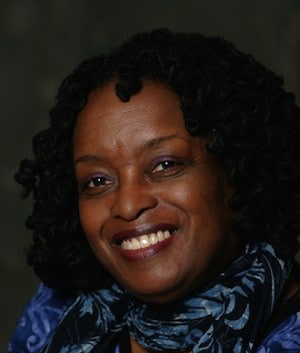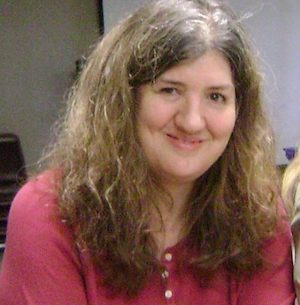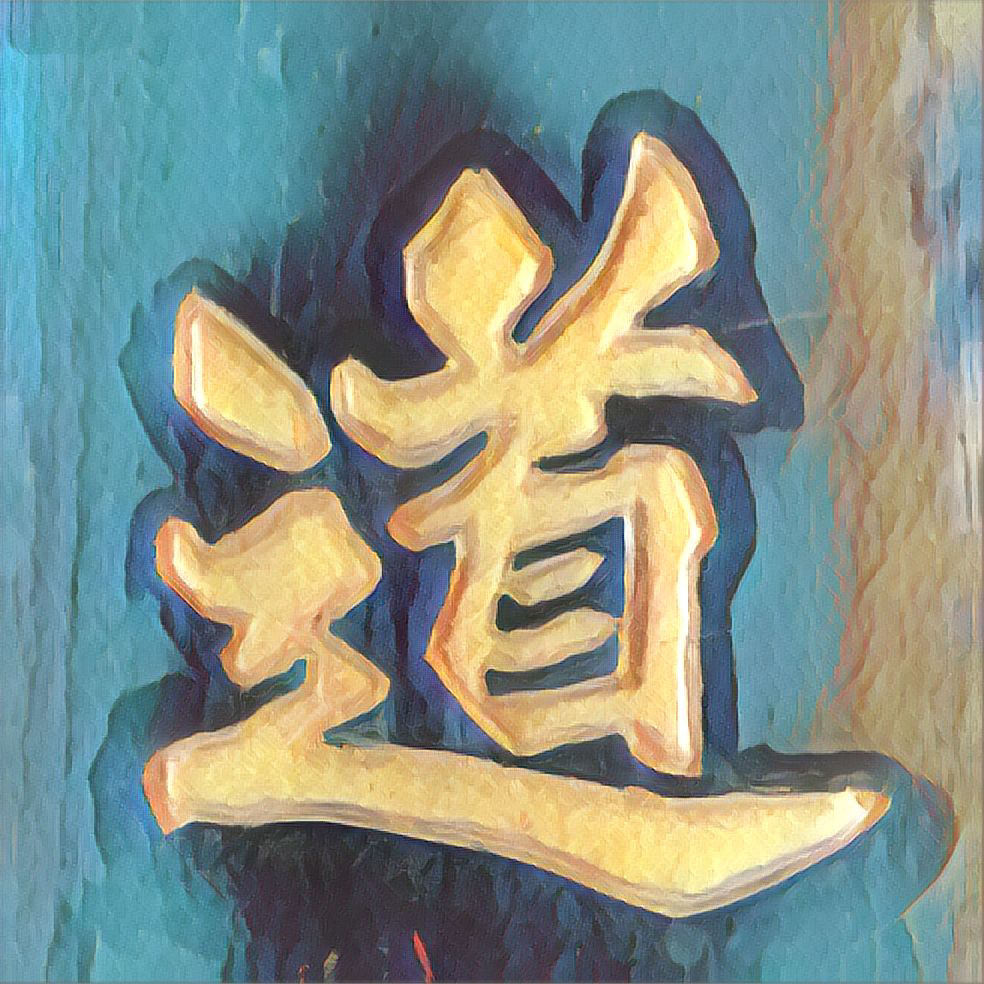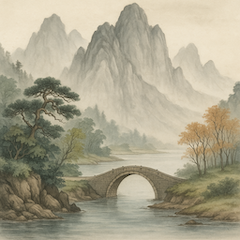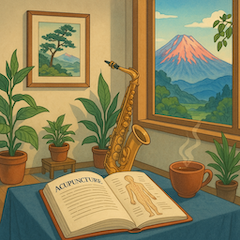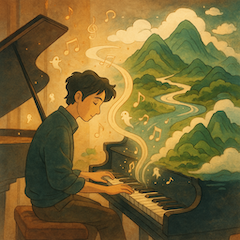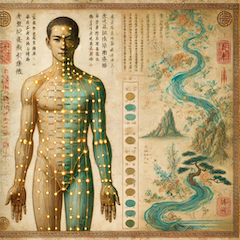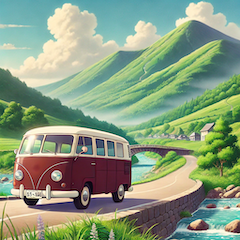I wanted to know more about how this medicine worked. For years I read every book I could find on acupuncture & Chinese herbs, while studying tai qi & qi gong regularly. In the mid-90’s I left my career in broadcast journalism, for formal study. And been practicing since graduating from PCOM in 1999. After almost 20 years of practice, I still love studying and learning about our medicine. I am currently a student of Engaging Vitality, with Dan Bensky, Marguerite Dinkins, and the late Chip Chace. And a longtime student in White Pine Institute’s Graduate Mentorship Program.
